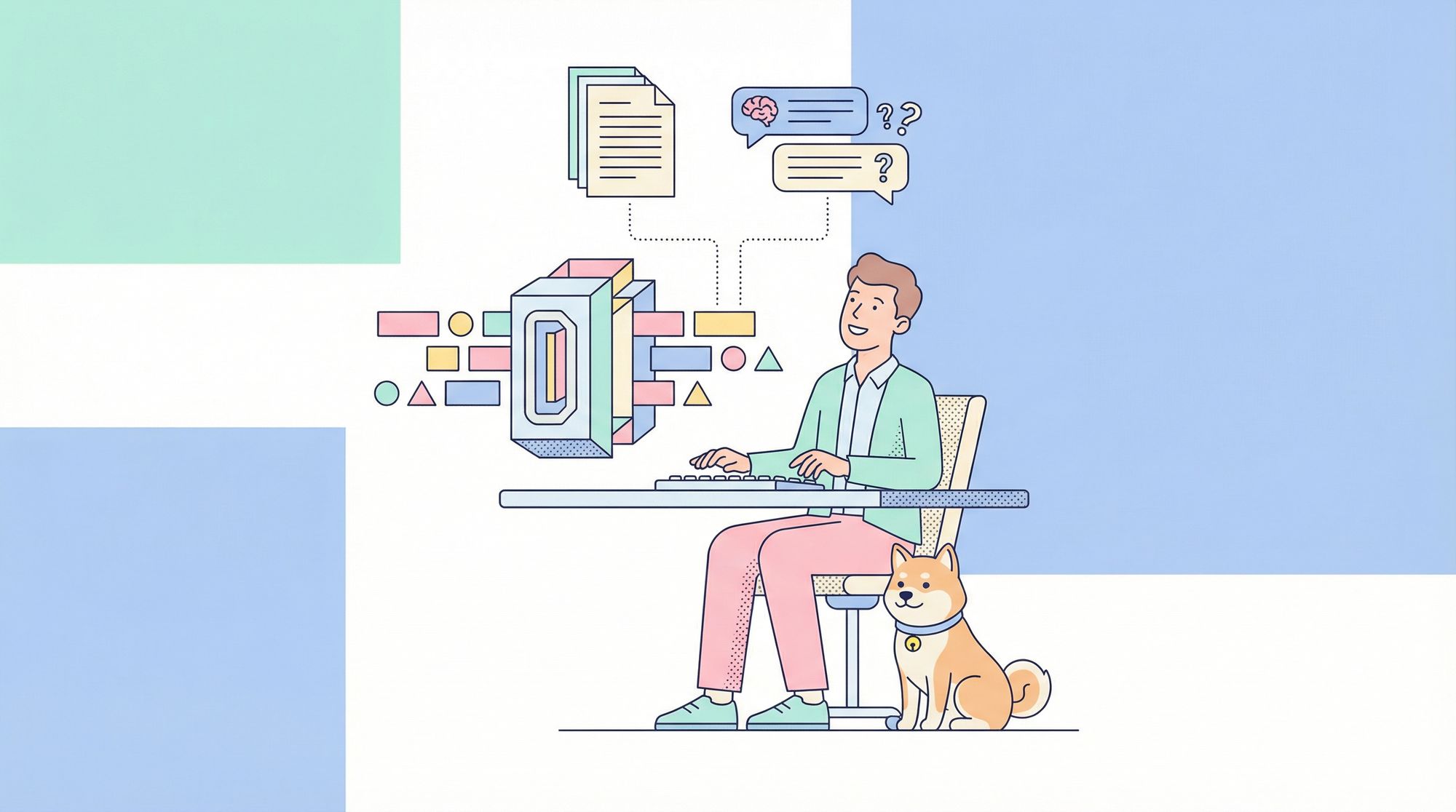Unlocking programmatic, AI-powered access to GitHub repository documentation is revolutionizing how developer teams and automated tools interact with codebases. The DeepWiki Model Context Protocol (MCP) server provides a streamlined API for querying, searching, and extracting structured knowledge from public repositories—opening the door to smarter automation and seamless developer workflow integration.
If you’re building or integrating tools that need to read, search, or answer questions about open-source documentation, understanding the DeepWiki MCP server is essential. This guide breaks down its architecture, endpoints, and practical usage with a developer-centric perspective, comparing it to other API documentation solutions like Apidog—which offers beautiful, collaborative API documentation and testing, designed for engineering teams seeking maximum productivity.
What is the DeepWiki MCP Server?
The DeepWiki MCP server exposes a programmatic interface to DeepWiki’s advanced documentation and search platform. It allows AI agents, bots, and backend services to:
- Discover repository documentation structure
- Retrieve page contents
- Ask context-aware questions and get AI-generated answers
Unlike ad-hoc scraping or basic API endpoints, the MCP server adheres to an open standard—Model Context Protocol—ensuring consistent, reliable integration for both simple scripts and advanced AI platforms.
Key Components: DeepWiki, Devin Wiki, and Model Context Protocol
DeepWiki: Smarter Access to Documentation
Devin Docs—Your AI Teammate for Documentation

DeepWiki forms the backbone of this system, enabling intelligent access to repository docs:
- Devin Wiki: The structured, user-facing documentation layer for each repository.
- Devin Search: Advanced contextual search across documentation, going beyond basic keyword matching to return relevant results.
The MCP server bridges external tools and these DeepWiki features, allowing automation and AI to tap into rich, organized documentation—something that’s crucial for code understanding, onboarding, and continuous integration tasks.
Model Context Protocol (MCP): The Standard for AI Integration
The Model Context Protocol acts as a “USB-C port for AI”—a unified, open standard for securely connecting AI applications to documentation and data sources. By using MCP, DeepWiki ensures:
- Consistent interface for all AI and automation clients
- Easy interoperability with platforms like Claude and OpenAI
- Future-proof integration as the protocol evolves
DeepWiki MCP Server: Core Features and Usage
Service Overview
- Free and Remote: No local setup, no direct charges—simply access via internet.
- No Authentication for Public Data: Public GitHub documentation is open for programmatic queries without API keys or tokens.
- Unified Endpoint: Interact with the MCP server at
https://mcp.deepwiki.com/.
This approach simplifies API integration for backend engineers, QA automation, and AI workflows—eliminating many of the friction points in connecting with open-source documentation.
Main Endpoints: How to Interact Programmatically
The DeepWiki MCP server exposes three primary tools:
1. read_wiki_structure
- Purpose: Fetch the list of documentation topics (table of contents) for a specific GitHub repository.
- Use Case: Quickly understand documentation hierarchy—ideal for bots or AI systems planning context-sensitive queries.
- Example: Retrieve sections like “API Reference,” “Getting Started,” or “Contributing.”
2. read_wiki_contents
- Purpose: Access the full content of a specific documentation topic.
- Use Case: Automate code review, generate summaries, or feed AI agents with detailed docs.
- Example: After finding “Authentication Methods” via structure, fetch its full content for analysis.
3. ask_question
- Purpose: Submit a natural language question about a repository and get a context-aware, AI-generated answer.
- Use Case: Enable chatbots, developer assistants, or automated scripts to resolve documentation queries without manual searching.
- Example: “What OAuth flows are supported for authentication?”
These endpoints are designed for flexibility—whether integrating into CI/CD, building dev tools, or feeding data into documentation viewers.
Supported Protocols: Flexible Integration
The DeepWiki MCP server supports two wire protocols for maximum compatibility:
Server-Sent Events (SSE) – /sse
- URL:
https://mcp.deepwiki.com/sse - Standard: Official MCP specification; recommended for most integrations.
- Best For: Streaming data, real-time updates, and compatibility with platforms like Claude.
- Integration Tip: Start with the SSE endpoint for robust, future-proof connectivity.
Streamable HTTP – /mcp
- URL:
https://mcp.deepwiki.com/mcp - Best For: Scenarios requiring compatibility with Cloudflare or OpenAI’s infrastructure.
- Features: Also supports legacy
/ssecommunication. - Integration Tip: Use if you encounter limitations with SSE, or need optimized performance in edge environments.
Best Practice: Try /sse first; switch to /mcp only if needed for specific infrastructure requirements.
Private Repository Access
The free DeepWiki MCP server is limited to public GitHub repositories. For private documentation:
- Sign up at Devin.ai to unlock DeepWiki’s full capabilities for private repos.
- Expect authentication and security features designed for enterprise and organizational use.
Comparing DeepWiki MCP and API Documentation Platforms
While the DeepWiki MCP server is specialized for AI-driven access to open-source docs, many teams need a broader, more collaborative platform for internal API documentation, testing, and team workflows.
Apidog stands out by offering:
- Beautiful, code-synced API documentation
- Integrated API testing and mocking
- Real-time team collaboration
- Affordable pricing compared to legacy tools like Postman (see comparison)
For developer teams building internal tools or public APIs, Apidog complements the capabilities of DeepWiki—especially when you need to maintain, share, and test your documentation within your organization.
Additional Resources
- Connecting Remote MCP Servers to Claude: Detailed guide for integrating with Claude AI.
- OpenAI Docs: Using DeepWiki MCP: Platform-specific instructions for OpenAI users.
- DeepWiki Technology Overview: In-depth look at DeepWiki’s architecture.
- Devin Wiki Details: All about the Devin Wiki documentation component.
- Devin Search Capabilities: Explore the advanced search features.
Conclusion
The DeepWiki MCP server offers a reliable, open-standard API for accessing public GitHub documentation—empowering AI agents, automation tools, and developer infrastructure to interact with codebase knowledge at scale. Its streamlined endpoints and protocol support make it a powerful choice for teams automating documentation queries or building intelligent assistants.
For broader API documentation, collaborative editing, and integrated testing, platforms like Apidog deliver the full stack—helping teams document, test, and ship APIs with greater speed and quality.



